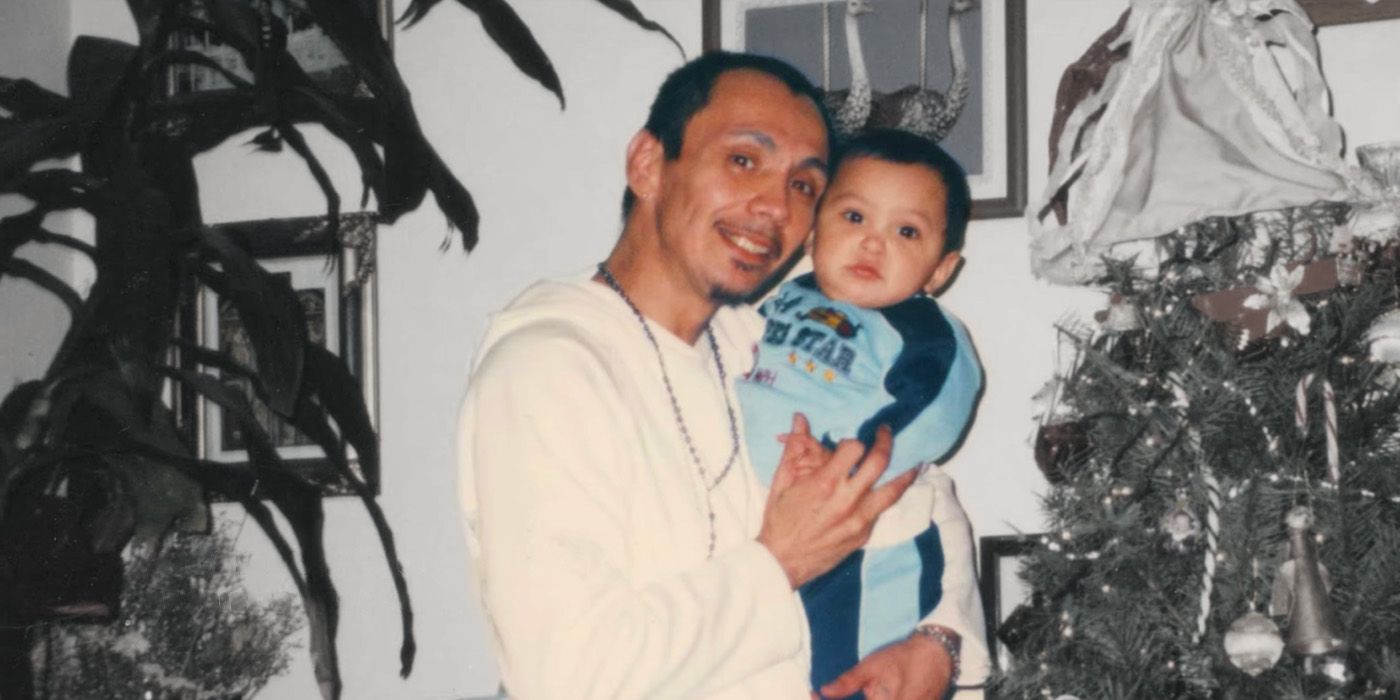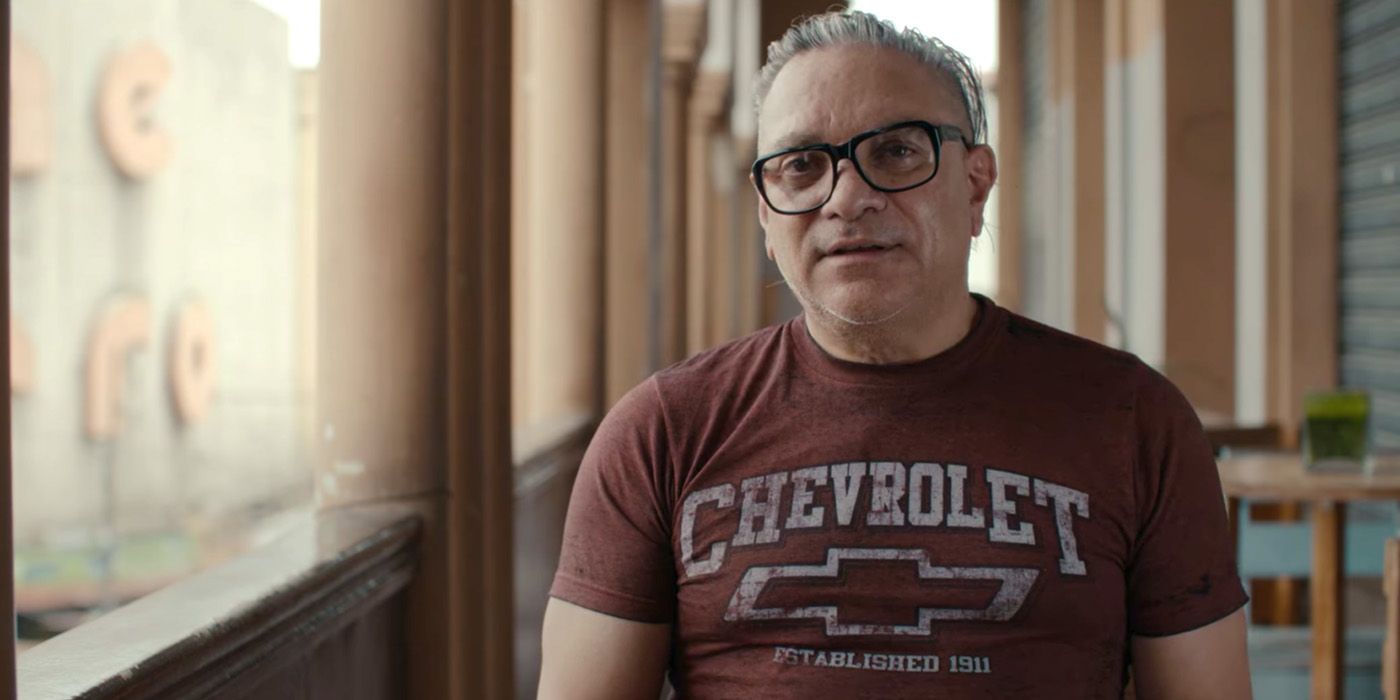Directed by Brian Knappenberger, the Netflix docuseries The Trials of Gabriel Fernandez painstakingly examines the 2013 murder of an eight-year-old boy, but leaves out crucial information about Gabriel's early years. During each of the six episodes, various interviewees detail what Gabriel suffered through in the final months of his life, and the filmmakers point out the systemic failures that ultimately played a role in his death. For the most part, however, The Trials of Gabriel Fernandez focuses on a specific timeframe, if only for practical storytelling purposes.
Without any context, The Trials of Gabriel Fernandez might appear to have a multi-year narrative, one that fully covers the subject's entire life. Viewers may be surprised to learn that Gabriel's killers - his mother Pearl and her boyfriend Isauro Aguirre - didn't raise him. In fact, Gabriel spent the first seven years of his life with relatives before his mother gained custody of him in November 2012, thus setting in motion a tragic sequence of events. On May 22, 2013, Gabriel was severely beaten at his Palmdale, California home, and then passed away two days later. The Netflix docuseries minimizes the references to Gabriel's siblings, mainly to protect their privacy, and acknowledges that Gabriel's father had been in prison when he was born. As a whole, The Trials of Gabriel Fernandez heavily prioritizes logistics and crime scene facts over a complete account of Gabriel's life story.
The Trials of Gabriel Fernandez reveals that numerous social workers failed to protect the subject when needed them most. In that sense, the Netflix docuseries succeeds by highlighting the larger picture, and the role that bureaucratic processes and algorithms play in American society. But there are three relevant avenues that The Trials of Gabriel Fernandez acknowledges, but doesn't fully investigate - at least in terms of what made the final cut. For one, there was a serious allegation made that Gabriel was molested by his uncle Michael Lemos Carranza, along with Carranza's partner David Martinez - both of whom raised the boy for the first four years of his life. While Martinez speaks on camera and denies the allegations, there's little attention paid to Carranza's role in Gabriel's life, nor does the Netflix docuseries acknowledge that he's since passed away. Near the end of The Trials of Gabriel Fernandez, it's suggested that Pearl and Aguirre concocted the molestation story to make sense of their belief that Gabriel was gay. Still, the portrait of Gabriel's early years is mostly a blank canvas.
When Gabriel was four, his grandparents gained custody of him due to concerns that he was being raised by a gay couple. But what's missing from the Netflix docuseries are stories about how this impacted Gabriel's mentality. What did he say about living with his uncle and Martinez? What was his demeanor while living with his grandparents for several years? The Trials of Gabriel Fernandez provides the perspectives of Gabriel's caretakers, but strays from a critical analysis about the situation as a whole. In the timeline of events, all that viewers really know is that Gabriel was given away by his mother, that he might've been molested by his uncle, and that his grandparents then gained custody. It's understandable that the filmmakers didn't want to antagonize family members, but the docuseries would have benefited from a more thorough account of Gabriel's first seven years.
Lastly, The Trials of Gabriel Fernandez makes it clear that Pearl and Isauro essentially kidnapped Gabriel in November 2012, allegedly for financial reasons. But there's only a brief sequence that acknowledges how Pearl was able to legally do this (and keep her son). What's ultimately relevant, of course, is that Pearl and Isauro tortured Gabriel for several months before beating him to death. Viewers do indeed receive clarity about the specifics 0 information that's important for processing the tragedy as a whole. In the end, though, there's a story that's mostly ignored in The Trials of Gabriel Fernandez, one that involves the subject being handed off from person to person at three different stages in his life. Those formative events undoubtedly shaped how Gabriel perceived the world, and how he communicated - or didn't communicate - with friends and family members, and with teachers and social workers.


